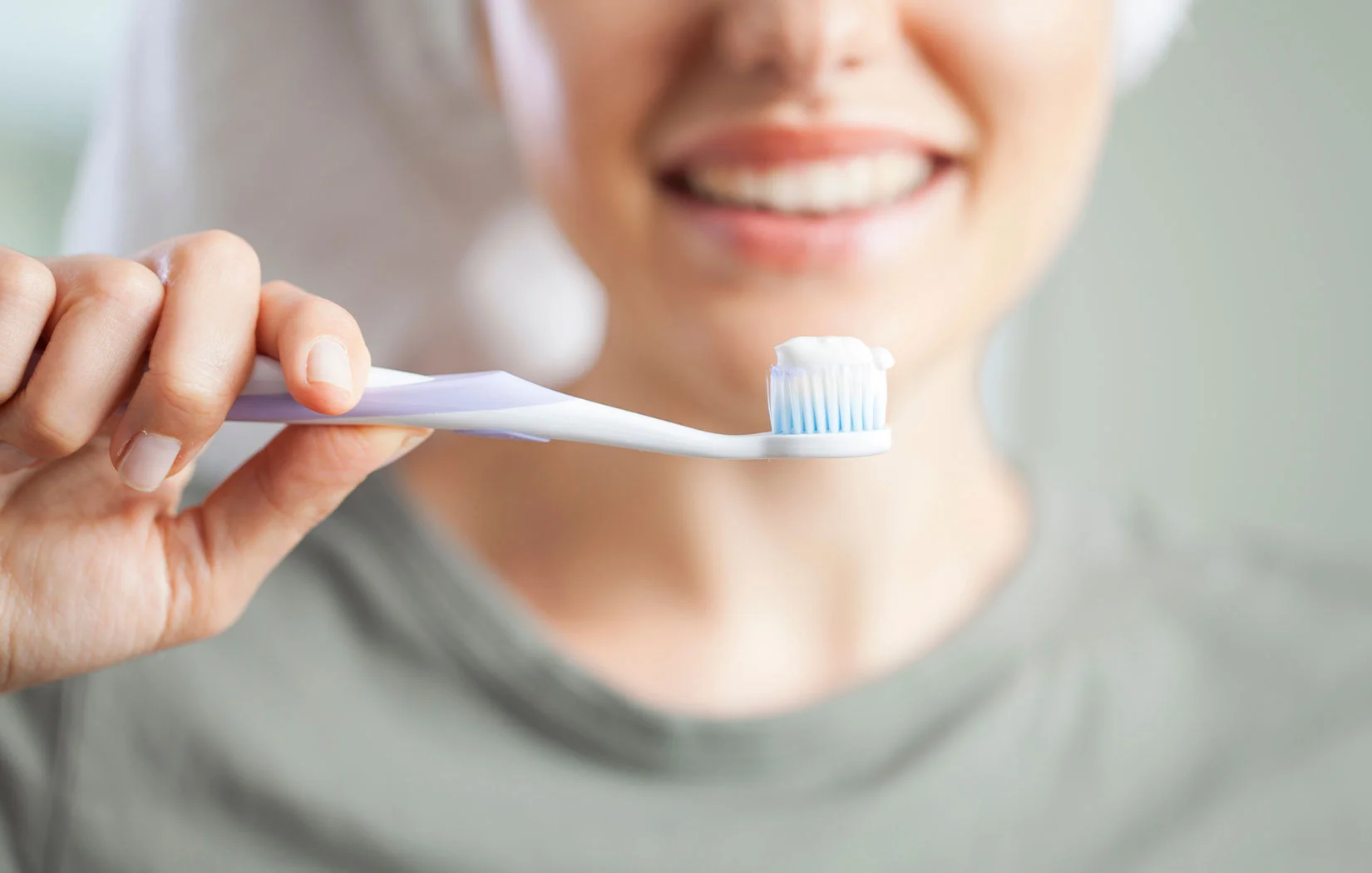Does your toothpaste have fluoride in it? Fluoride is a mineral that occurs naturally in water and soil. It has been shown to help prevent cavities by strengthening teeth enamel, but does it work as well when you brush with the paste form of this chemical? In this post, we will look at what fluoride toothpaste is and what it does for your teeth.
There are quite a few misconceptions about fluoride and fluoride toothpaste, so we here at Brentwood Dental Arts want to help our patients by clearing some of them up.
Let’s start by answering the first question, “Is fluoride toothpaste good for your teeth?” The answer is yes. Now let’s move on and answer some of the other questions surrounding that most basic answer.
What Exactly is Fluoride Toothpaste?
Fluoride toothpaste is a paste that contains fluoride ions in order to inhibit and even reverse the decay process of teeth.
As we said earlier, fluoride is a naturally occurring mineral that is found in water and soil. Adding fluoride to the toothpaste takes your regular toothpaste a step further and helps it work to prevent cavities and tooth damage altogether.
What Does Fluoride Do for Teeth?
As mentioned before, fluoride helps to prevent dental cavities and tooth decay. It is primarily used on teeth that are most at risk for the aforementioned conditions, such as baby teeth or areas of your mouth where there may be more plaque buildup.
Fluoride also has been shown in studies to reverse some of the damage already done by tooth decay or cavities so it can help with overall oral health.
It does this by helping to strengthen the enamel of your teeth to make them more resistant to damage. In the same way that it strengthens tooth enamel, it can also help to reverse existing tooth decay.
While fluoride isn’t a cure-all for tooth damage and bad oral hygiene habits, it helps to ward off damage and keep you smiling brightly.
The next time you’re searching for a dentist near you, stop on to Brentwood Dental Arts for all your oral healthcare needs.

